It is the duty of every process to release the resources after the completion of the event/task, even when no other process requires that particular resource(s). It has nothing to do with preemption.
In general it depends on the priority of the process scheduled which
decides whether it is preemptive or not. The particular stage is not
defined as preemptive/non-premeptive.
It depends --- If the process is preemptive, it won't wait for any
longer to get scheduled. It will snatch the chance from other
lower-priority process. If the process is having lower
priority/non-preemptive, then it will keep on waiting for the
resources to release and then complete the event and then get
dispatched through the scheduler.
Waiting - The process cannot run at the moment, because it is waiting for some resource to become available or for some event to occur. For example the process may be waiting for keyboard input, disk access request, inter-process messages, a timer to go off, or a child process to finish.

